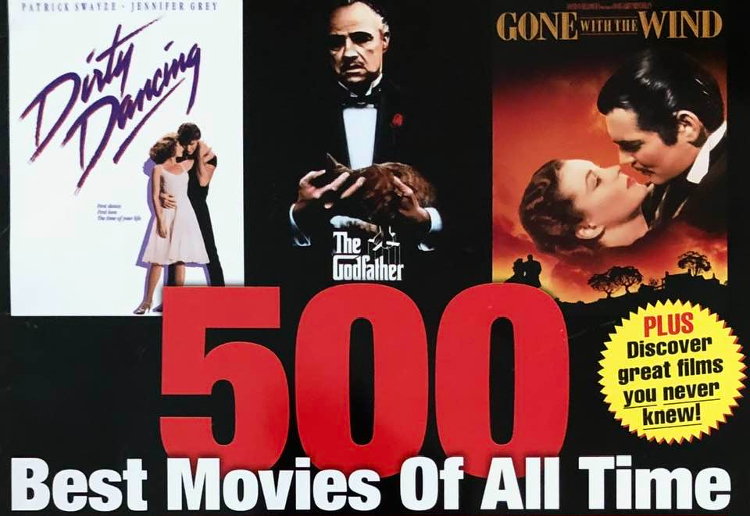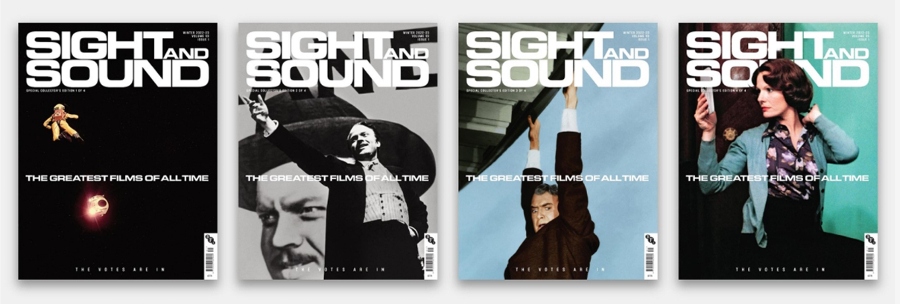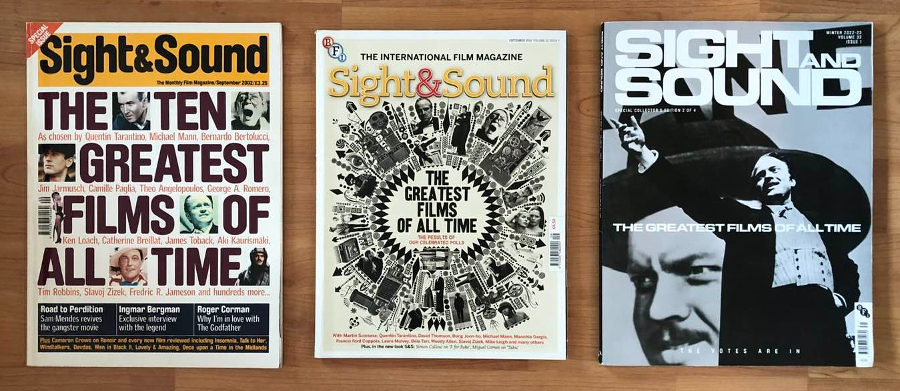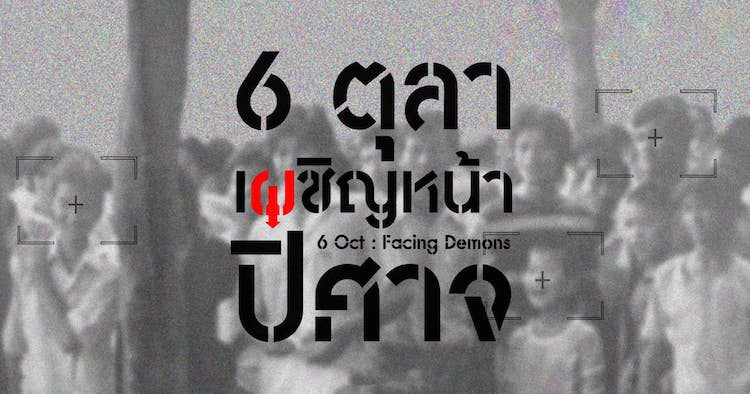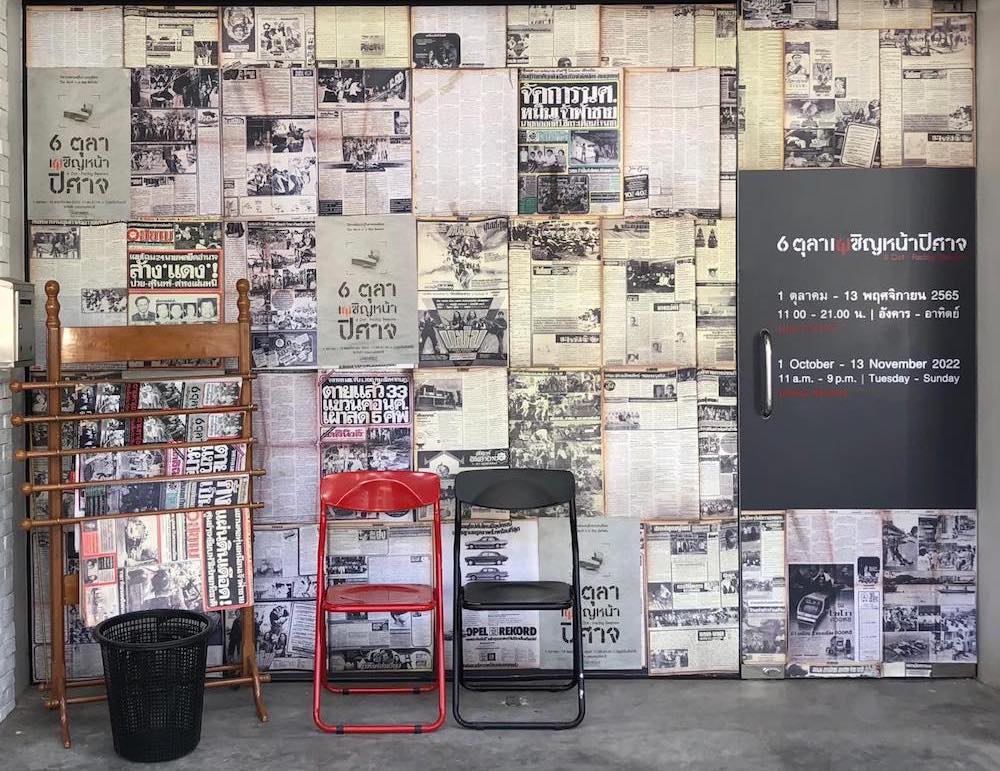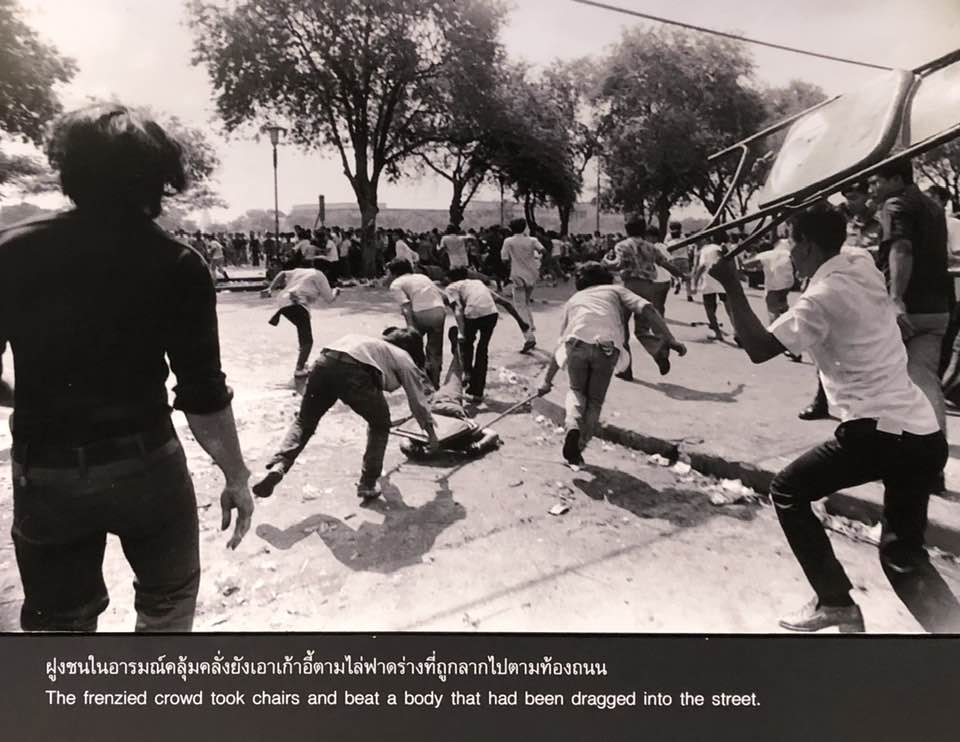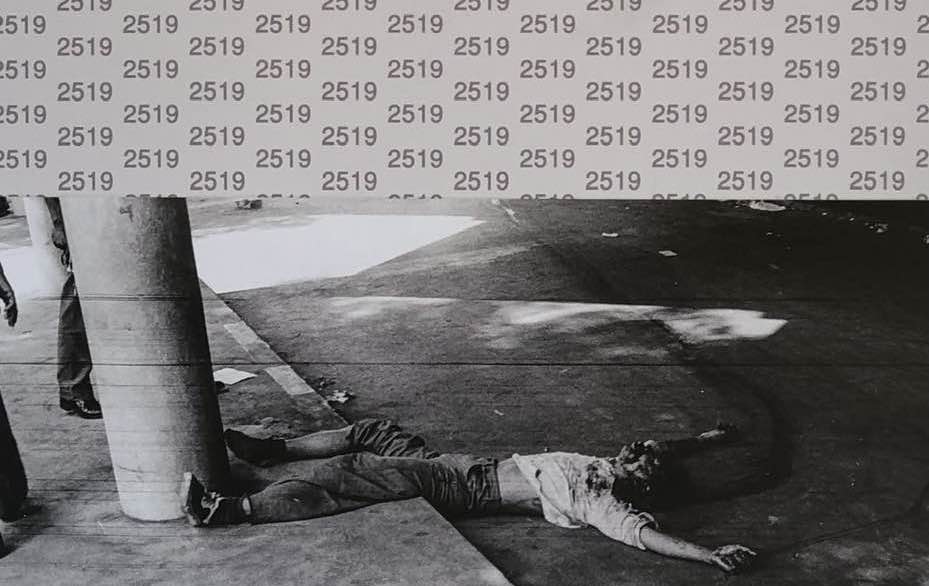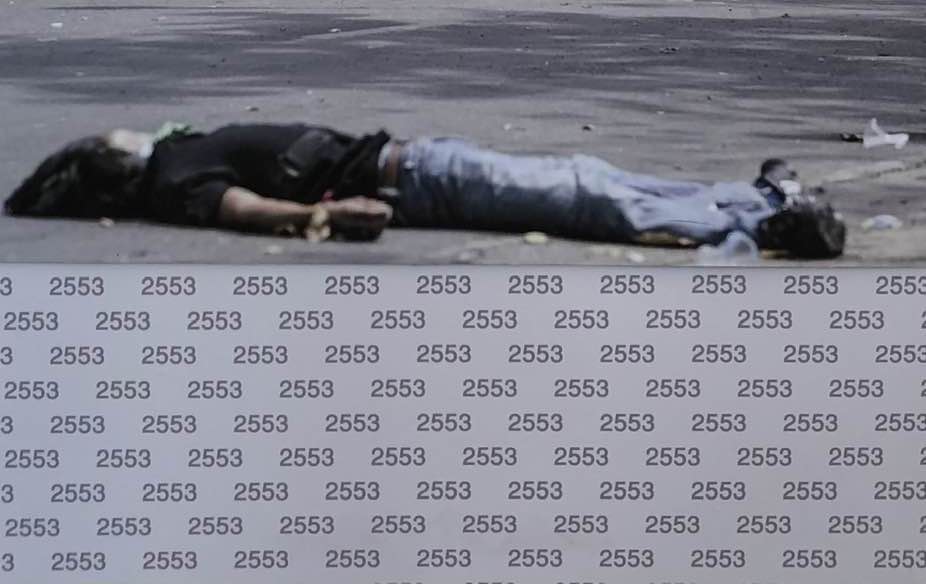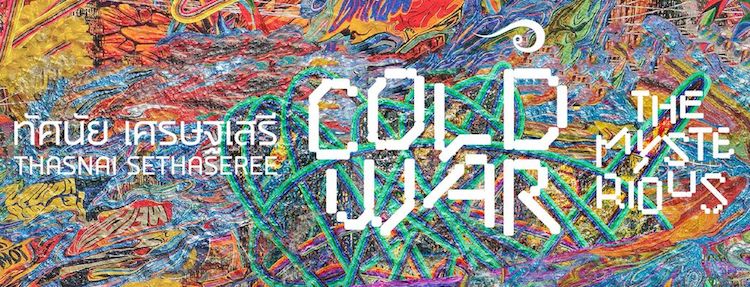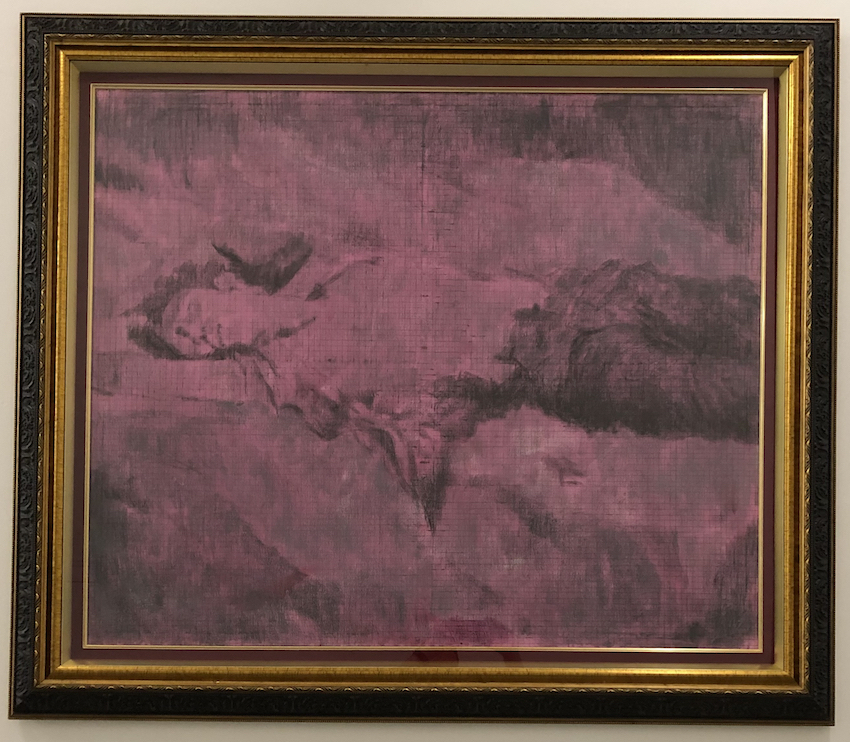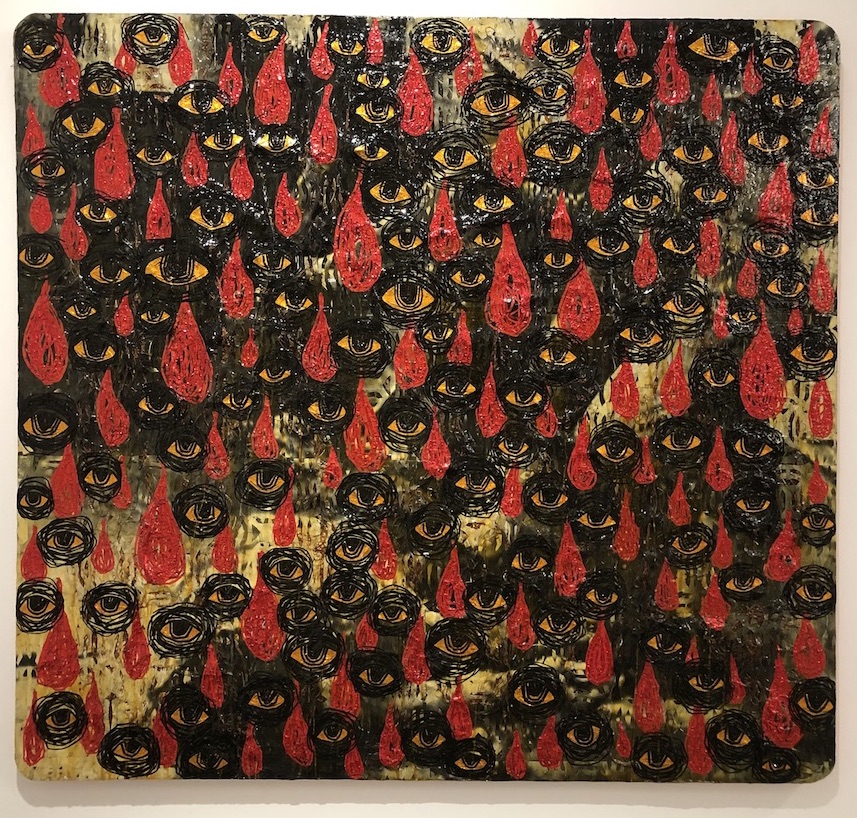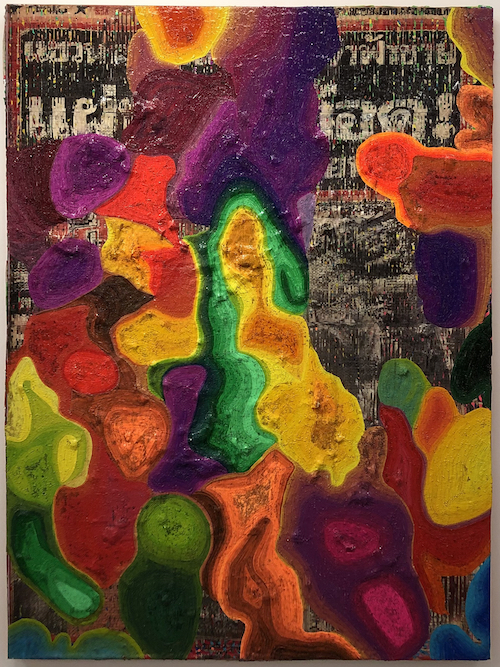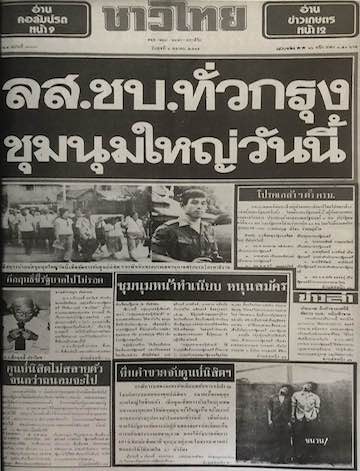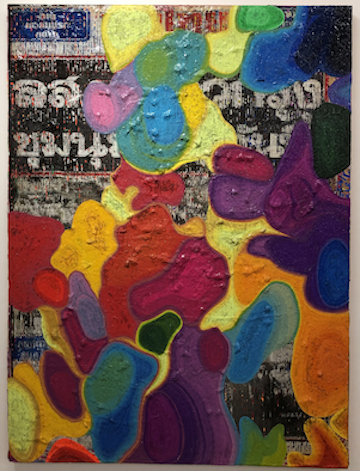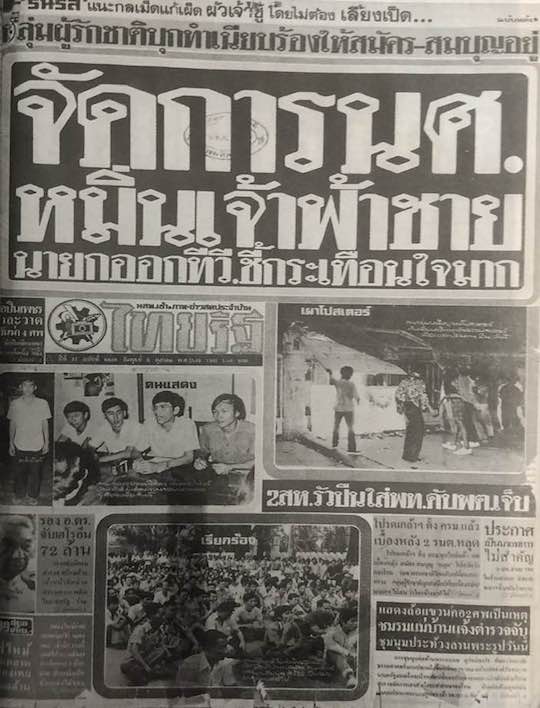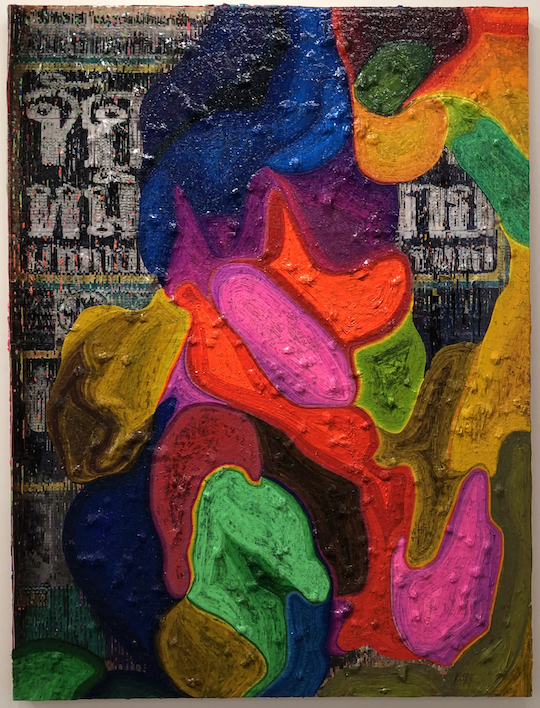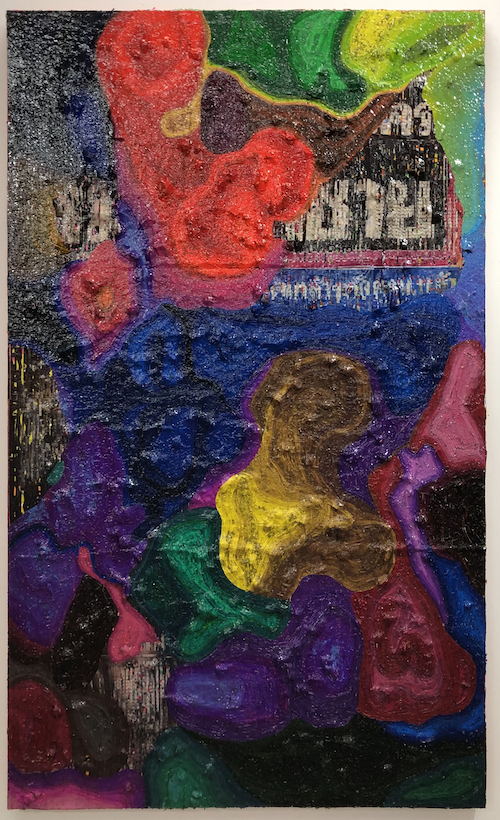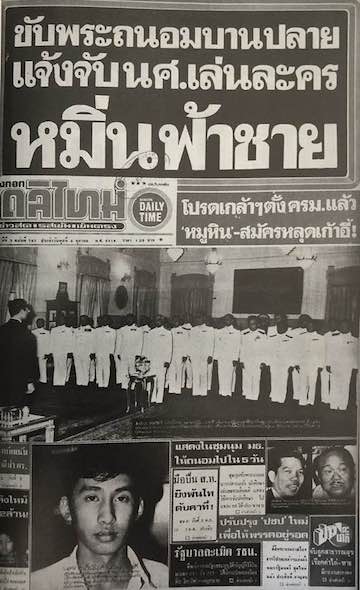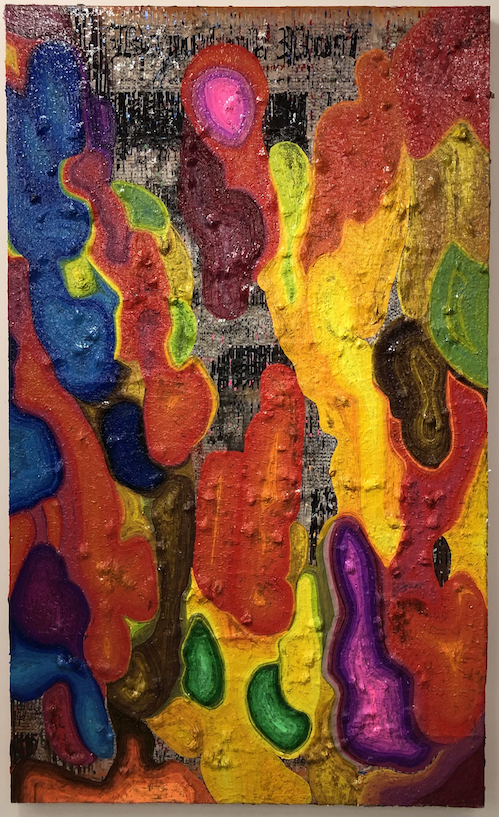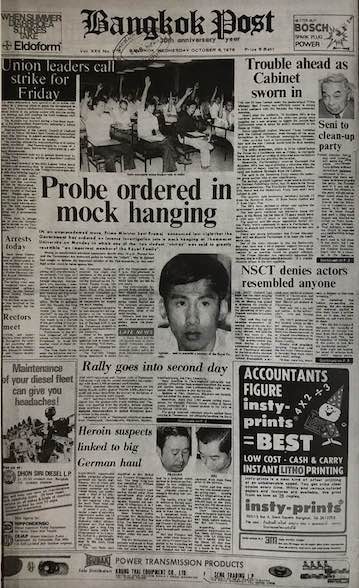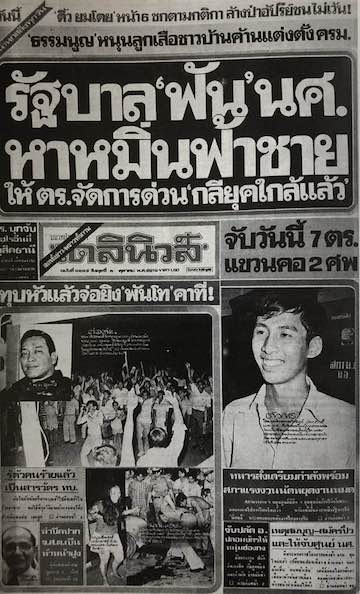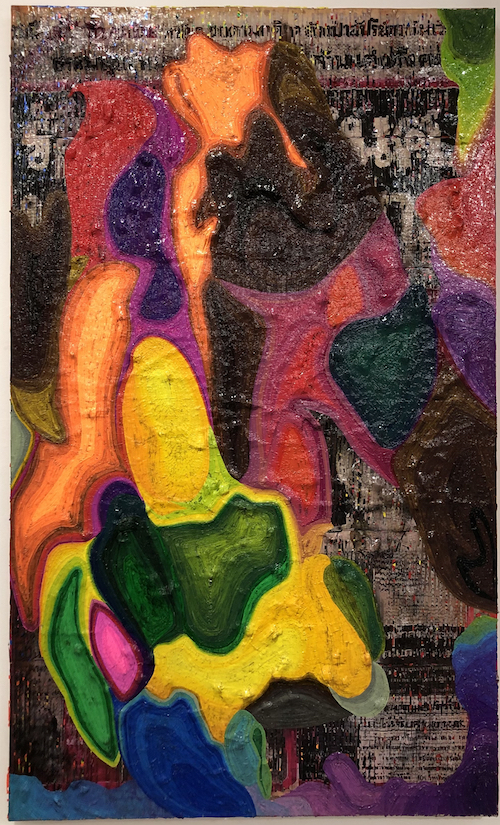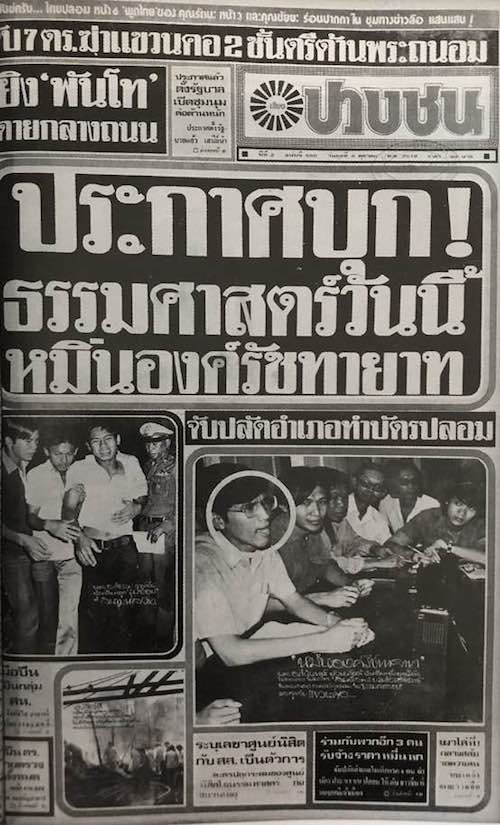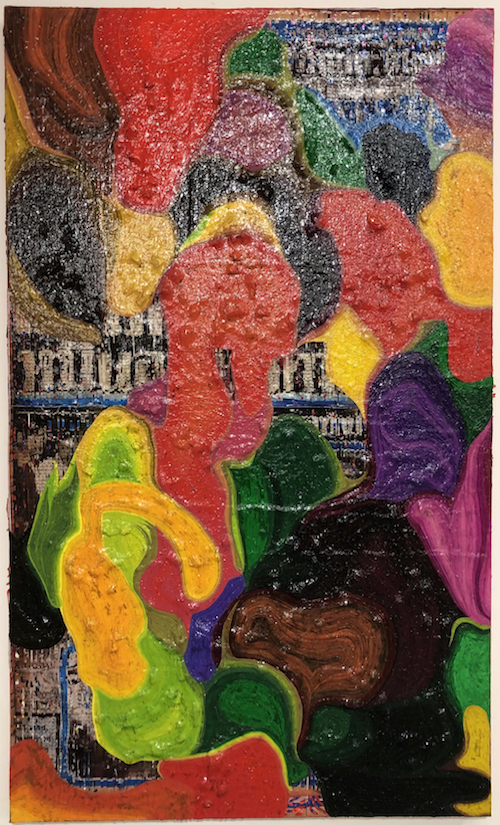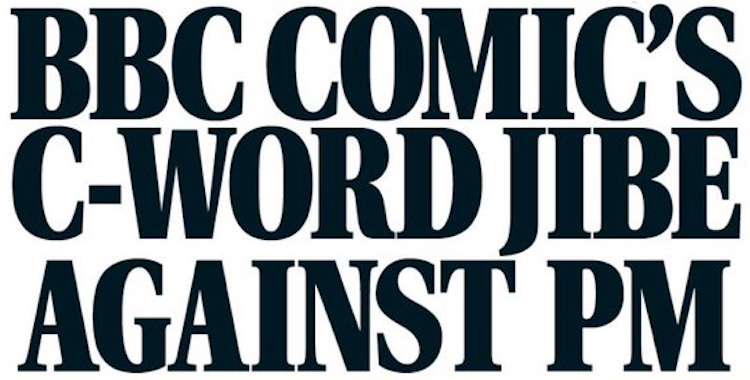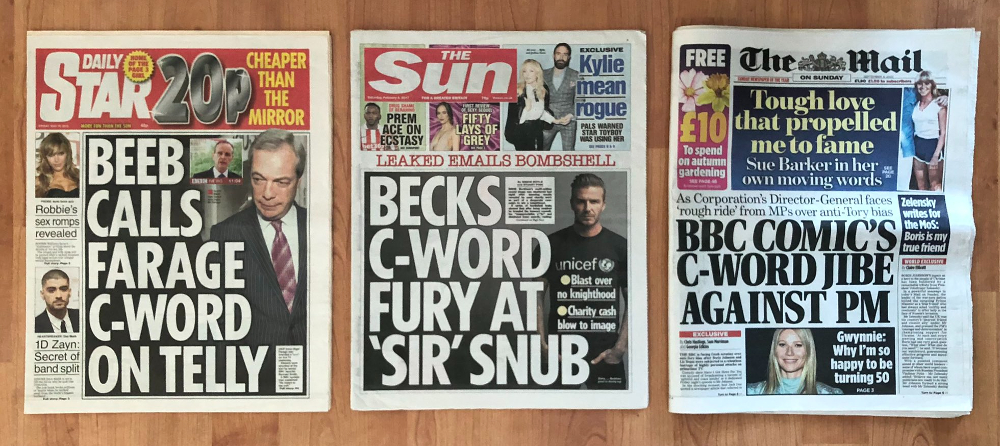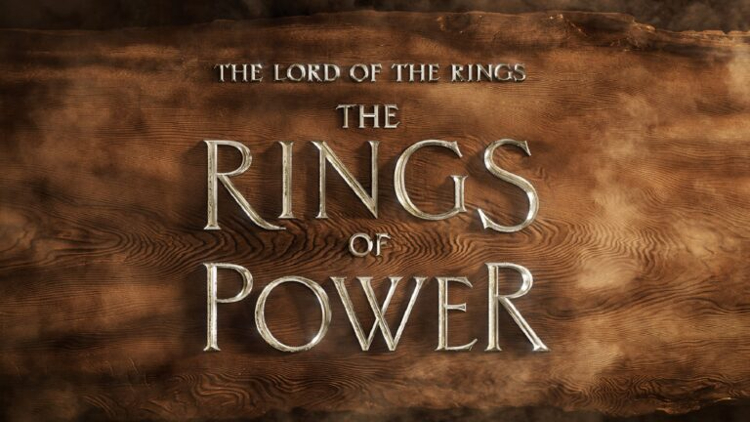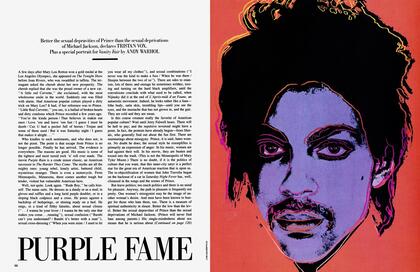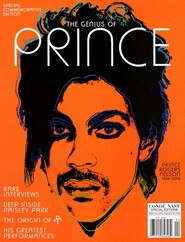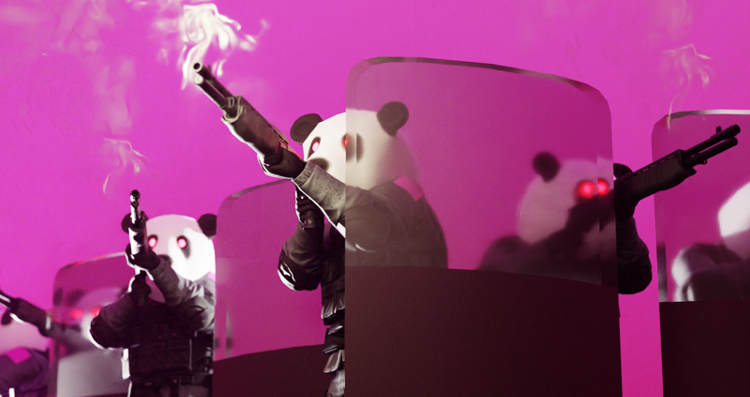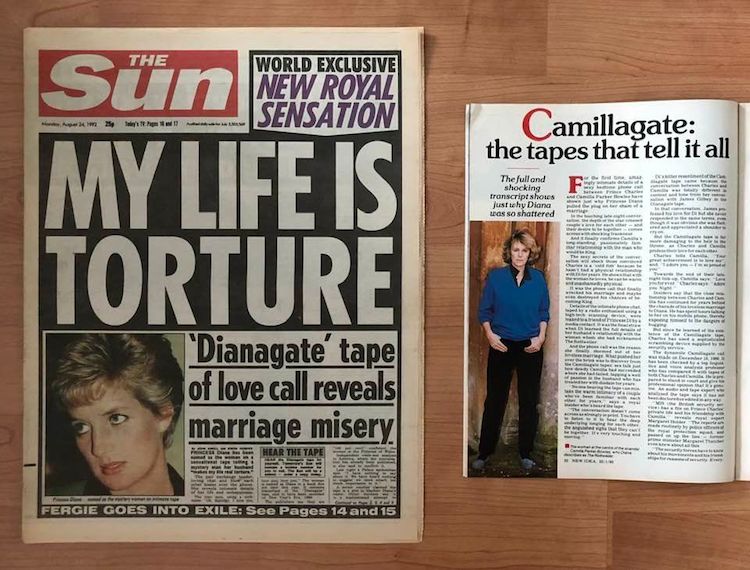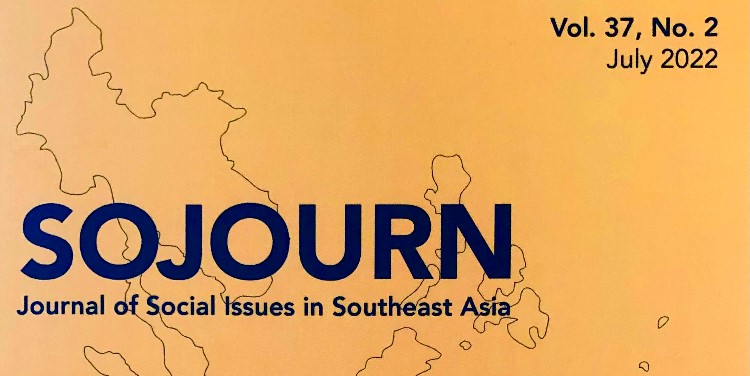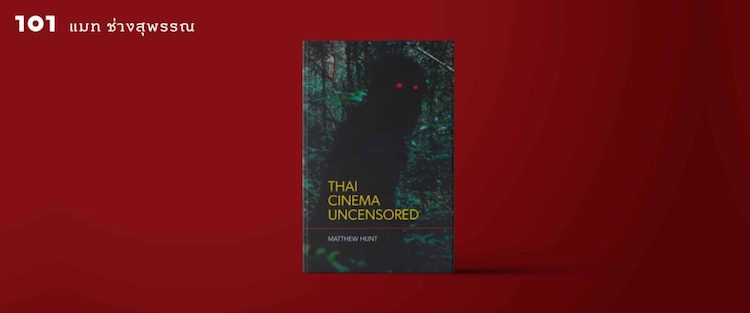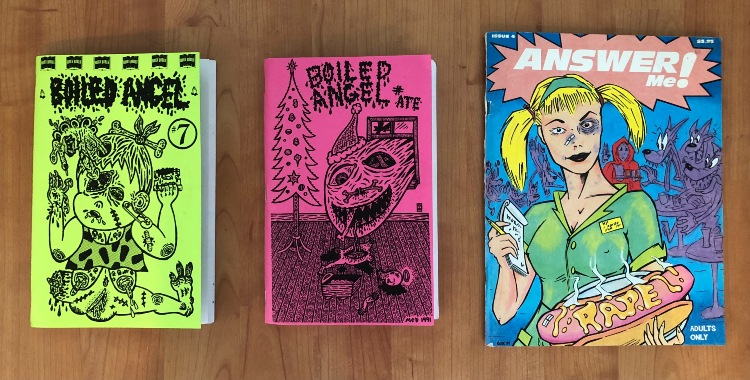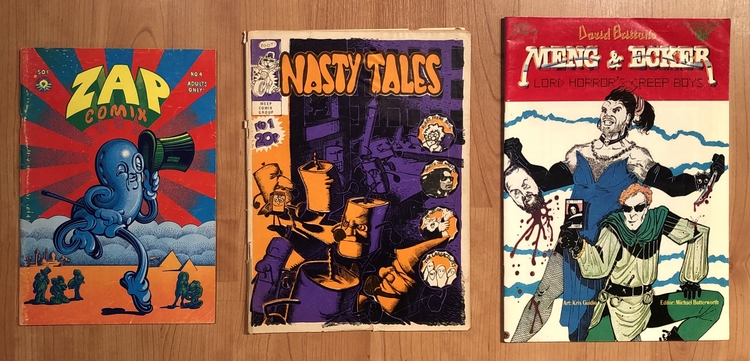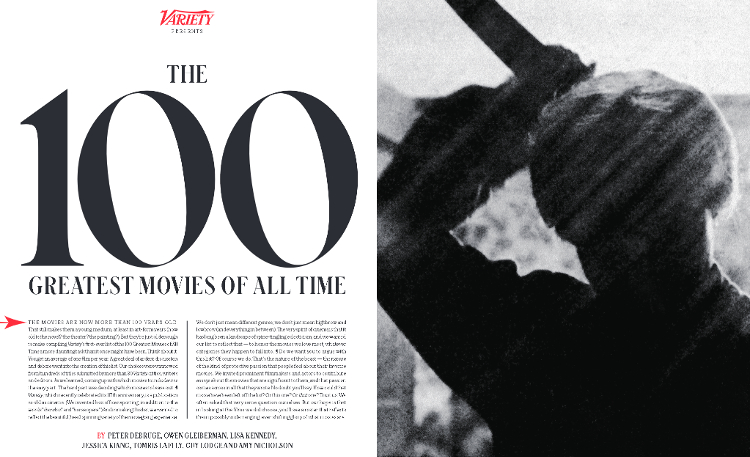
This week’s issue of Variety (vol. 358, no. 12), published yesterday, features The 100 Greatest Movies of All Time, as selected by thirty-two of the magazine’s writers. This is one of the very best greatest-film polls: an ideal combination of arthouse titles, classic Hollywood, world cinema, and popular movies.
Variety’s 100 greatest movies are as follows:
100. The Graduate
99. Twelve Angry Men
98. Women on the Verge of a Nervous Breakdown
97. Alien
96. A Hard Day’s Night
95. Toy Story
94. Bridesmaids
93. Le samuraï
92. Pink Flamingos
91. Scenes from a Marriage
90. The Shining
89. Belle de jour
88. Malcolm X
87. The Sound of Music
86. Close-Up
85. Natural Born Killers
84. Pan’s Labyrinth
83. Kramer vs. Kramer
82. Parasite
81. The Dark Knight
80. Pixote
79. Waiting for Guffman
78. Jeanne Dielman
77. Goldfinger
76. The Tree of Life
75. Boogie Nights
74. My Neighbour Totoro
73. Intolerance
72. Breaking the Waves
71. My Best Friend’s Wedding
70. Twelve Years a Slave
69. Beau travail
68. King Kong
67. Bicycle Thieves
66. Paris Is Burning
65. A Man Escaped
64. Carrie
63. Bambi
62. Dazed and Confused
61. The Passion of Joan of Arc
60. Moulin Rouge!
59. Vagabond
58. E.T. the Extra-Terrestrial
57. Brokeback Mountain
56. Rosemary’s Baby
55. Pather Panchali
54. Mad Max II
53. In the Mood for Love
52. The General
51. Apocalypse Now
50. Breathless
49. The Texas Chain Saw Massacre
48. The Piano
47. Mean Streets
46. Notorious
45. Titanic
44. L’avventura
43. Shoah
42. Moonlight
41. The Wild Bunch
40. Fargo
39. Some Like It Hot
38. Lawrence of Arabia
37. Annie Hall
36. On the Waterfront
35. The Silence of the Lambs
34. Stagecoach
33. 8½
32. Vertigo
31. Network
30. Star Wars V: The Empire Strikes Back
29. Double Indemnity
28. City Lights
27. Bonnie and Clyde
26. The 400 Blows
25. Bringing up Baby
24. Tokyo Story
23. The Apartment
22. Chinatown
21. Gone with the Wind
20. Blue Velvet
19. The Godfather II
18. Persona
17. Nashville
16. Casablanca
15. Sunrise: A Song of Two Humans
14. Do the Right Thing
13. The Rules of the Game
12. GoodFellas
11. Singin’ in the Rain
10. Saving Private Ryan
9. All about Eve
8. It’s a Wonderful Life
7. 2001: A Space Odyssey
6. Seven Samurai
5. Pulp Fiction
4. Citizen Kane
3. The Godfather
2. The Wizard of Oz
1. Psycho
100. The Graduate
99. Twelve Angry Men
98. Women on the Verge of a Nervous Breakdown
97. Alien
96. A Hard Day’s Night
95. Toy Story
94. Bridesmaids
93. Le samuraï
92. Pink Flamingos
91. Scenes from a Marriage
90. The Shining
89. Belle de jour
88. Malcolm X
87. The Sound of Music
86. Close-Up
85. Natural Born Killers
84. Pan’s Labyrinth
83. Kramer vs. Kramer
82. Parasite
81. The Dark Knight
80. Pixote
79. Waiting for Guffman
78. Jeanne Dielman
77. Goldfinger
76. The Tree of Life
75. Boogie Nights
74. My Neighbour Totoro
73. Intolerance
72. Breaking the Waves
71. My Best Friend’s Wedding
70. Twelve Years a Slave
69. Beau travail
68. King Kong
67. Bicycle Thieves
66. Paris Is Burning
65. A Man Escaped
64. Carrie
63. Bambi
62. Dazed and Confused
61. The Passion of Joan of Arc
60. Moulin Rouge!
59. Vagabond
58. E.T. the Extra-Terrestrial
57. Brokeback Mountain
56. Rosemary’s Baby
55. Pather Panchali
54. Mad Max II
53. In the Mood for Love
52. The General
51. Apocalypse Now
50. Breathless
49. The Texas Chain Saw Massacre
48. The Piano
47. Mean Streets
46. Notorious
45. Titanic
44. L’avventura
43. Shoah
42. Moonlight
41. The Wild Bunch
40. Fargo
39. Some Like It Hot
38. Lawrence of Arabia
37. Annie Hall
36. On the Waterfront
35. The Silence of the Lambs
34. Stagecoach
33. 8½
32. Vertigo
31. Network
30. Star Wars V: The Empire Strikes Back
29. Double Indemnity
28. City Lights
27. Bonnie and Clyde
26. The 400 Blows
25. Bringing up Baby
24. Tokyo Story
23. The Apartment
22. Chinatown
21. Gone with the Wind
20. Blue Velvet
19. The Godfather II
18. Persona
17. Nashville
16. Casablanca
15. Sunrise: A Song of Two Humans
14. Do the Right Thing
13. The Rules of the Game
12. GoodFellas
11. Singin’ in the Rain
10. Saving Private Ryan
9. All about Eve
8. It’s a Wonderful Life
7. 2001: A Space Odyssey
6. Seven Samurai
5. Pulp Fiction
4. Citizen Kane
3. The Godfather
2. The Wizard of Oz
1. Psycho
Note that Some Like It Hot is the 1959 comedy, and Titanic is the 1997 blockbuster. A third of Variety’s choices are also included in Dateline Bangkok’s 100 greatest films list. (That list is not ranked, though if it were, Psycho would also be at no. 1, as it is in Variety.)

